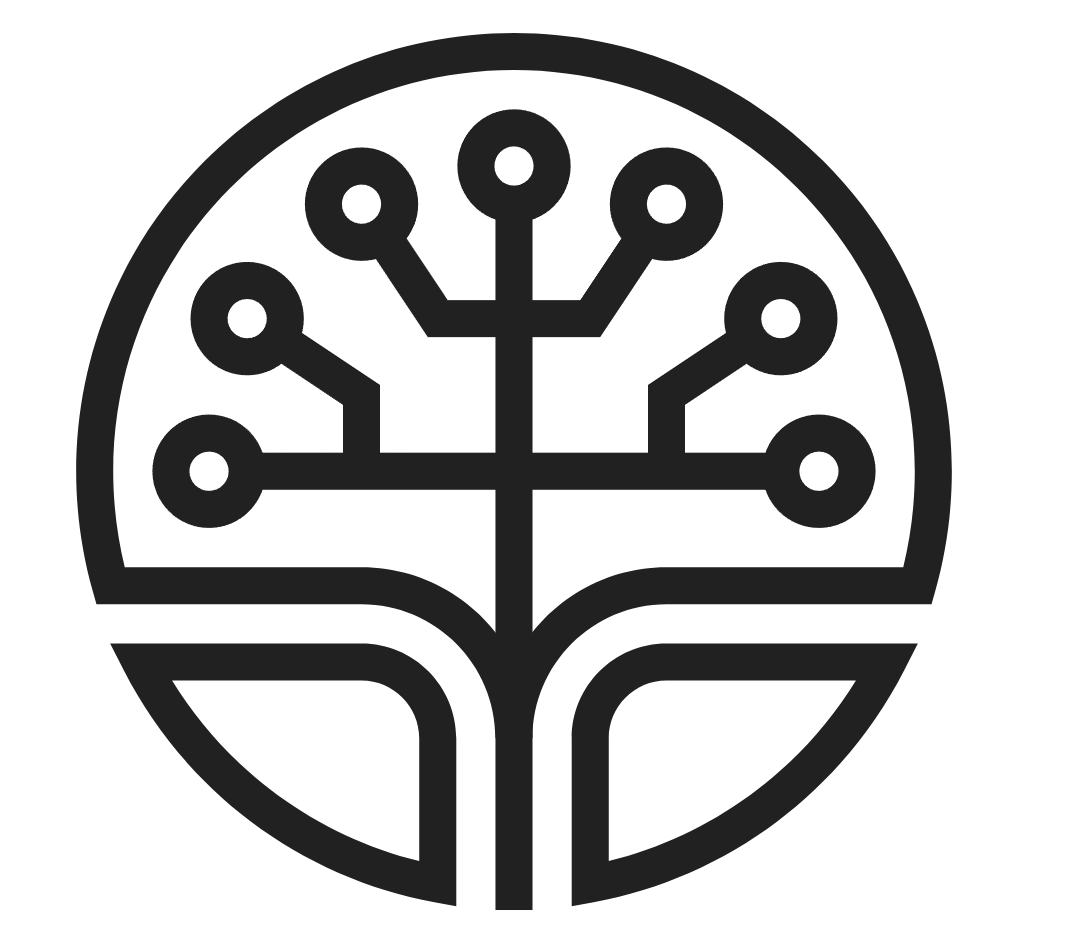PHAIDRA, a digital repository system, is transforming how academic institutions manage, preserve, and share their data. With roots stretching back to 2007, this open source initiative began as an internal project within the University of Vienna, aiming to meet the growing demand for managing digital assets, research data and materials. Today, it has grown into a collaborative, community-driven project dedicated to ensuring long-term access to academic knowledge.
“The library at the University of Vienna saw the importance of digital materials early on,” explained Raman Ganguly, Head of Support for Research IT at the University of Vienna. “This led to the development of a system that not only manages data but also ensures its preservation.”
From Inception to Global Adoption
The first release of PHAIDRA was launched in 2008, by layering key management, usability and interoperability features onto the existing Fedora repository system (which still provides the foundation for PHAIDRA today). Initially, it served the University of Vienna's needs, but by 2010, it had attracted international partners, including the University of Padua. Today, PHAIDRA is used by 25 institutions across Europe, including universities from the Western Balkans, such as Serbia, Montenegro, and Bosnia. Over the years, PHAIDRA has evolved through continuous collaboration and innovation.

A Community-Centric Approach
Unlike commercial ventures, PHAIDRA prioritises openness and collaboration. Its technology is built on open source platforms, ensuring it remains free from business dependencies. This ethos fosters a thriving community where users and partners actively contribute to its development.
One significant milestone was the collaboration with Age of Peers, a consultancy founded by Rory MacDonald who presented us the project together with Ben van 't Ende, Partner and community strategist.
“What struck me personally was PHAIDRA’s mission,” MacDonald said. “It’s not just about open access, but about providing access to methodologies and preserving the integrity of academic research.”
During the pandemic, Age of Peers facilitated an online version of PHAIDRA’s user conference, which saw the start of conversations about the role of a trusted academic record and digital repositories in a ‘post-truth’ world. This led to the creation of the podcast "Epistemicast" a platform exploring all aspects of Open Science and broader open digital academia, including issues of legitimacy and accountability.
Sustainability and Technological Innovation
While PHAIDRA has pure open source users, the project’s sustainability model hinges on its partnerships. These institutions pay a hosting fee that not only covers operational costs but also funds ongoing development. This model ensures that all contributors, from developers to end-users, benefit directly from the system’s growth.
PHAIDRA is built with an API-first approach, enabling seamless integration with other systems. Its user interface continues to improve, focusing on usability and accessibility. Other recent developments include containerisation, which simplifies installation and enhances scalability.
Preserving Knowledge for Future Generations
At its core, PHAIDRA is about long-term preservation. By fostering a collaborative community, it ensures that academic data remains reliable and accessible for decades to come. “Preservation is a collective responsibility,” said Ganguly. “PHAIDRA’s strength lies in its community-driven approach.”
Looking ahead, the team behind PHAIDRA aims to expand its adoption and reach, as well as enhancing its features and expanding hardware capabilities, highlighting its commitment to staying at the forefront of digital preservation.

